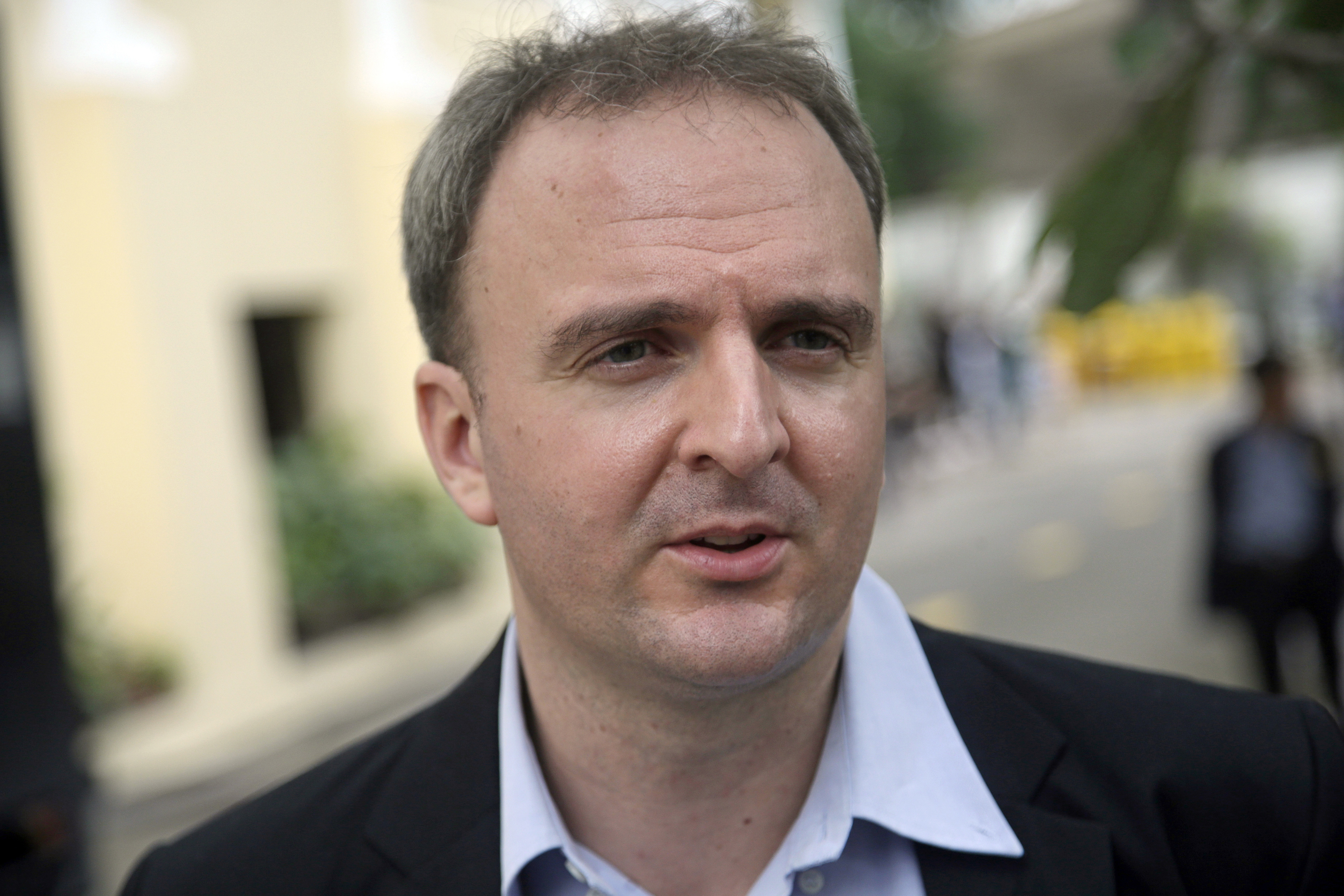By: Brian Kim
Impunity Watch Reporter, Asia
SEOUL, South Korea – On April 27th, 2018, North and South Korea have agreed to their first summit in more than a decade. The two leaders will meet at the border village of Panmunjom. Since the Korean War, Kim Jong-un will be the first North Korean leader to set foot in the South.

Since the North’s involvement in the Pyeongchang Winter Olympics last month, both countries have been negotiating for the two leaders to meet. On March 29th, 2018, senior negotiators from both countries met to decide on a date and other aspects of the meeting.
The meeting in April will be the third summit between leaders of North and South. Kim Jong-un’s father, Kim Jong-il, met with President Kim Dae-jung in 2000 and Roh Moo-hyun in 2007 in Pyongyang.
The South Korean Unification Minister, Cho Myoung-gyon, mentioned a potential discussion of denuclearization of North Korea at the meeting. The minister stated that “the South and North agreed on efforts to make the summit successful, sharing its historic significance in denuclearizing the Korean Peninsula, settling peace there and improving inter-Korean relations.”
The recent agreement was welcomed by the United Nations secretary general, Antonio Guterres. He stated that the meeting is “an opportunity for a peaceful solution to something that, a few months ago, was haunting us as the biggest danger we were facing.”
Although the date has not been set, the North Korean leader offered to meet with President Trump, who accepted the offer. The potential meeting between President Trump and Kim Jong-un will most likely occur after the North and South meet later this month. If the meeting is set, President Trump will be the first sitting United States president to meet with a North Korean leader.
According to a recent survey conducted by RealMeter, 73.1 percent of respondents welcomed the meeting. However, around 64 percent expressed that they did not trust the North’s intentions.
Al Jazeera – South Korea to host talks before inter-Korean summit – 28 March, 2018
CNBC – North, South Korea to hold first summit in years on April 27 – 29 March, 2018
The New York Times – North and South Korea Set a Date for Summit Meeting at Border – 29 March, 2018



